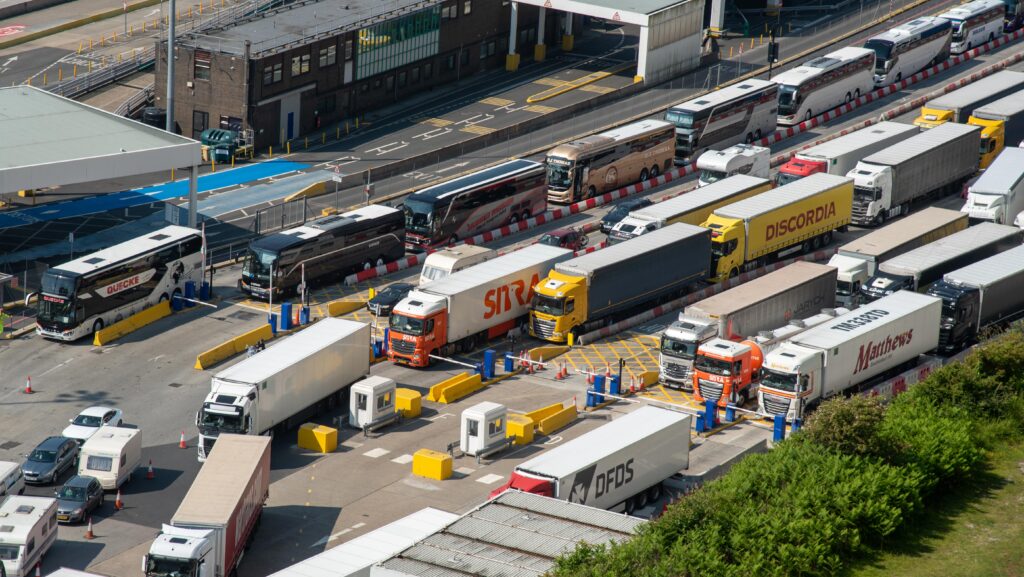Meat industry decries increased border taxes
 © Adobe Stock
© Adobe Stock Additional costs for importing meat and plant products from the EU have disadvantaged meat traders, who warn of excessive increases for little to no benefit.
The introduction of “common user charges” on imports in late April were anticipated to be less than £145 a lorry.
However, reports from the British Meat Processors Association (BMPA) suggest this figure could stretch to £870 for certain loads.
See also: NFU joins calls for more government action on import controls
Common user charges have been applied to all imported goods.
This is despite checks only taking place on a small percentage of vehicles, which are diverted to the Border Control Post at Sevington, Kent.
Peter Hardwick, BMPA’s trade policy adviser, said: “This is a tax, as it is charged on every consignment passing through Dover and the Eurotunnel.
“It is levied to pay for the previous government’s over-engineered project to inspect 15-30% of consignments.
“Another department was already instructed to come up with a border operating model based on checks of about 2% of consignments.
“Checks at this lower level could have easily been managed at Dover and Eurotunnel.
“This would have meant no need for the Sevington facility or a common user charge.”
A Port Health Authority inspection charge for products entering adds a further cost burden for imports via Dover and the Eurotunnel.
This starts at £66 for loads of up to 6t, plus £11 for each additional tonne.
Mr Hardwick added: “This charge is levied overwhelmingly for goods that never go to Sevington.
“And, for the most part, for documentary checks that are carried out automatically and with little or no human intervention.
“This Port Health Authority charge is intended for actual documentary and physical checks.
“It reflects a much higher level of checking than is currently taking place.”
The impact of these higher costs on farming sectors is mixed.
The additional costs to meat imports potentially make UK produce appear more price competitive.
However, mounting costs for imported plant products have had a detrimental impact on the UK horticultural industry, according to the Horticultural Trades Association.
